All El Cajon Addiction Treatment Centers
-

Adeona Healthcare
2815 Steele Canyon Rd
El Cajon, California 92019Treatment Programs
- Drug Rehab
-
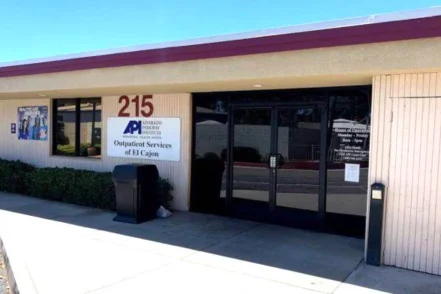
Alvarado Parkway Institute API El Cajon
215 West Madison Avenue
El Cajon, California 92020Treatment Programs
- Alcohol Rehab
- Dual Diagnosis
- Opioid Addiction
- +6
Insurance
- Medicaid
- Private insurance
- +3
-
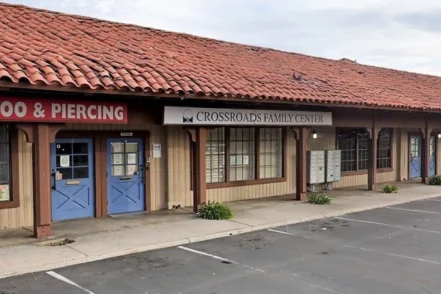
Crossroads Family Center
700 North Johnson Avenue, Suite P
El Cajon, California 92020Treatment Programs
- Dual Diagnosis
- Drug Rehab
- Young Adult Rehab
Insurance
- Sliding scale payment assistance
-
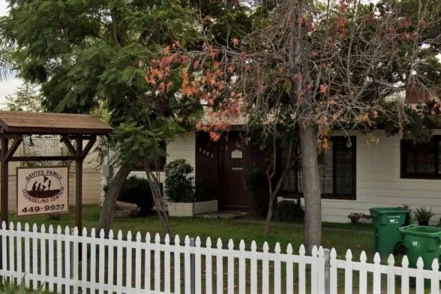
Domestic Violence Santee Family Counseling
9905 Prospect Avenue
El Cajon, California 92019Treatment Programs
- Dual Diagnosis
- Drug Rehab
-
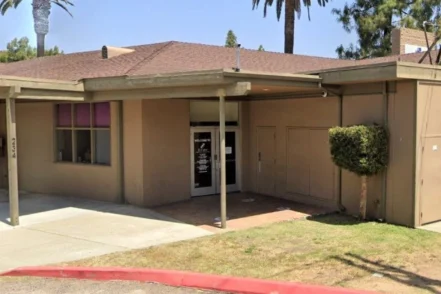
El Cajon Treatment Clinic
234 North Magnolia Avenue
El Cajon, California 92020Treatment Programs
- Alcohol Rehab
- Opioid Addiction
- Drug Rehab
- +4
Insurance
- Medicaid
- Private insurance
- +3
-
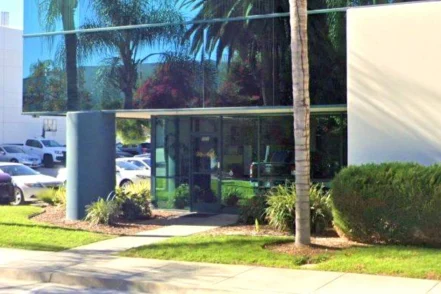
McAlister Institute for Treatment and Education East County Adolescent Detox
1400 North Johnson Avenue, Suite 101
El Cajon, California 92020Treatment Programs
- Alcohol Rehab
- Dual Diagnosis
- Opioid Addiction
- +3
Insurance
- Private insurance
- Self-pay options
- +2
-
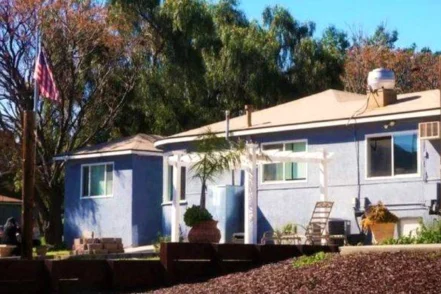
Volunteers of America Southwest Veterans Service Center
9980 Hawley Road
El Cajon, California 92020Treatment Programs
- Dual Diagnosis
-
Crossroads Family Center East Main Street
1679 East Main Street, Suite 102
El Cajon, California 92021Treatment Programs
- Dual Diagnosis
- Young Adult Rehab
Insurance
- Medicaid
-
East County Center for Change
545 North Magnolia Avenue
El Cajon, California 92020Treatment Programs
- Dual Diagnosis
- Drug Rehab
- Adult Program
-
East County Regional Recovery Center
1365 North Johnson Avenue, Suites 111-113
El Cajon, California 92020Treatment Programs
- Alcohol Rehab
- Dual Diagnosis
- Drug Rehab
- +6
Insurance
- Self-pay options
- Financing available
- +2
-
Halcyon Center
1664 Broadway
El Cajon, California 92021Treatment Programs
- Dual Diagnosis
- Drug Rehab
Insurance
- Medicaid
-
Heartland Wellness Recovery Center
460 North Magnolia Avenue, Suite 110
El Cajon, California 92020Treatment Programs
- Dual Diagnosis
- Drug Rehab
- Adult Program
- +1
Insurance
- Sliding scale payment assistance
-
McAlister Institute for Trt and Educ MITE East County Regional Centre
1365 North Johnson Avenue, Unit 111
El Cajon, California 92020Treatment Programs
- Opioid Addiction
- Drug Rehab
Insurance
- Self-pay options
- Medicare
- +2
-
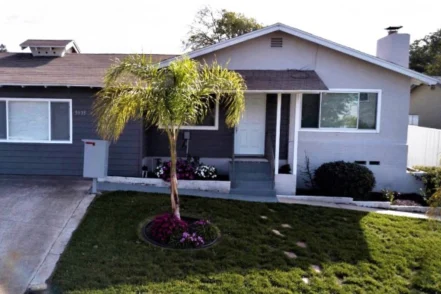
Paradise Detox
5935 Joel Lane
La Mesa, California 91942Treatment Programs
- Alcohol Rehab
- Opioid Addiction
- Drug Rehab
- +4
Insurance
- Self-pay options
- Private insurance
-
A Ka Center
4715 Divine Way
La Mesa, California 91941Treatment Programs
- Drug Rehab
Insurance
- Medicaid
Other Nearby Cities
Top Drug Rehab Centers in California
-
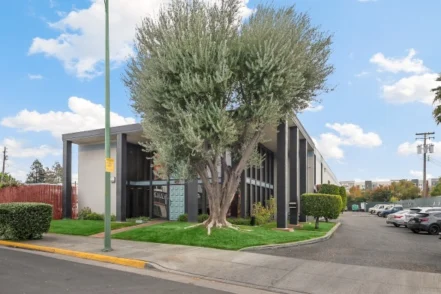 California
CaliforniaNew Life Recovery Centers 782 Park Avenue
782 Park Avenue, Suite 1 San Jose, California 95126
Treatment Programs
- Alcohol Rehab
- Dual Diagnosis
- Opioid Addiction
- +4
-
 California
CaliforniaNew Found Life Long Beach
2211 E Ocean Blvd Long Beach, California 90803
Treatment Programs
- Alcohol Rehab
- Dual Diagnosis
- Opioid Addiction
- +4
-
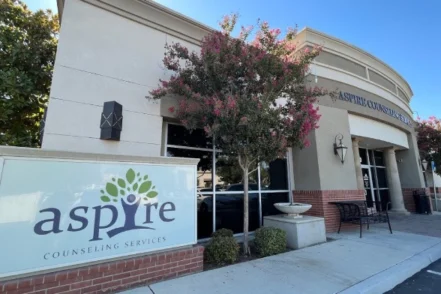 California
CaliforniaAspire Counseling Services
9830 Brimhall Road Bakersfield, California 93313
Treatment Programs
- Alcohol Rehab
- Dual Diagnosis
- Opioid Addiction
- +4
-
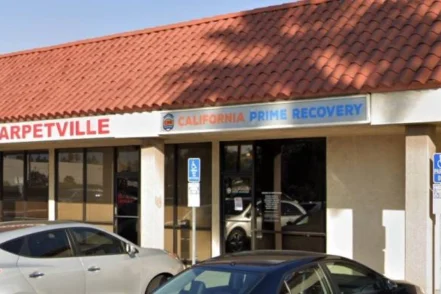 California
CaliforniaCalifornia Prime Recovery
17330 Newhope Street, Unit A Fountain Valley, California 92708
Treatment Programs
- Alcohol Rehab
- Opioid Addiction
- Drug Rehab
- +4
-
 California
CaliforniaReflections Executive Rehab Facility
1191 Simmons Lane Novato, California 94945
Treatment Programs
- Alcohol Rehab
- Dual Diagnosis
- Opioid Addiction
- +4
-
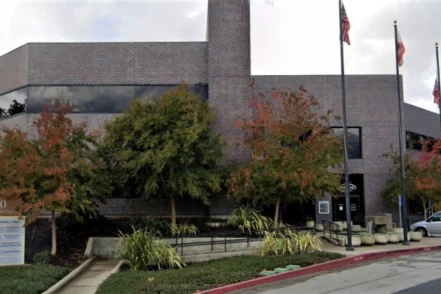 California
CaliforniaDiablo Valley Drug and Alcohol Services
100 Park Place, Suite 120 San Ramon, California 94583
Treatment Programs
- Alcohol Rehab
- Dual Diagnosis
- Opioid Addiction
- +4
-
 California
CaliforniaCityteam Mens Program
580 Charles Street San Jose, California 95112
Treatment Programs
- Alcohol Rehab
- Dual Diagnosis
- Opioid Addiction
- +3
-
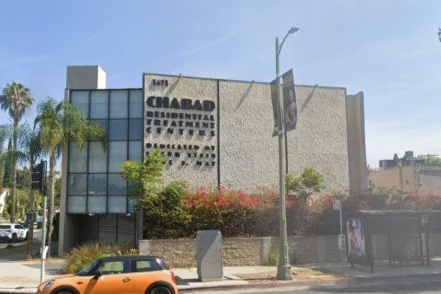 California
CaliforniaChabad Residential Treatment Center
5675 West Olympic Boulevard Los Angeles, California 90036
Treatment Programs
- Alcohol Rehab
- Dual Diagnosis
- Opioid Addiction
- +4
-
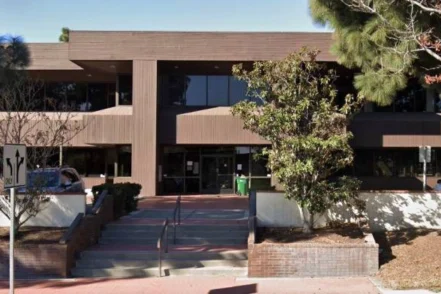 California
CaliforniaRenaissance Recovery
10175 Slater Ave, Suite 200 Fountain Valley, California 92708
Treatment Programs
- Dual Diagnosis
- +-2
-
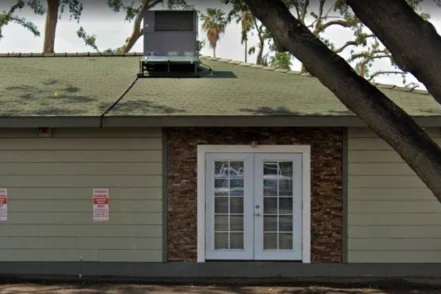 California
CaliforniaBakersfield Recovery Services IOP Services
2920 H Street Bakersfield, California 93301
Treatment Programs
- Alcohol Rehab
- Dual Diagnosis
- Opioid Addiction
- +2
-
 California
CaliforniaCornerstone of Southern California Santa Ana
13022 Yorba St Santa Ana, California 92705
Treatment Programs
- Alcohol Rehab
- Dual Diagnosis
- Opioid Addiction
- +5
-
 California
CaliforniaOptions Recovery Services Berkeley
1835 Allston Way Berkeley, California 94703
Treatment Programs
- Alcohol Rehab
- Dual Diagnosis
- Opioid Addiction
- +5
-
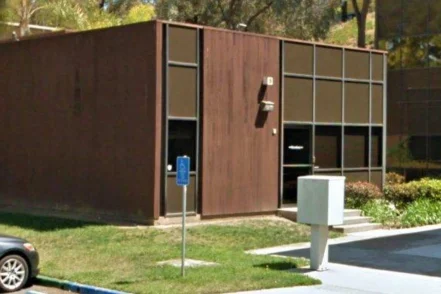 California
CaliforniaSHORELINE Recovery Center
183 Calle Magdalena, Suite 101 Encinitas, California 92024
Treatment Programs
- Alcohol Rehab
- Dual Diagnosis
- Opioid Addiction
- +3
-
 California
CaliforniaWindward Way Recovery
3822 Campus Dr Suite 500 Newport Beach, CA 92660
Treatment Programs
- Alcohol Rehab
- Dual Diagnosis
- Opioid Addiction
- +3
Find Nearby Drug Rehabs in California
- Calabasas
- Calexico
- Calistoga
- Camarillo
- Cameron Park
- Camp Pendleton
- Campbell
- Campo
- Canoga Park
- Canyon Country
- Capistrano Beach
- Capitola
- Carlsbad
- Carmel
- Carmichael
- Carson
- Castro Valley
- Cathedral City
- Century City
- Ceres
- Cerritos
- Chatsworth
- Chico
- Chino
- Chino Hills
- Chowchilla
- Chula Vista
- Citrus Heights
- City of Industry
- Claremont
- Clearlake
- Clovis
- Coachella
- Coalinga
- Coloma
- Colton
- Colusa
- Commerce
- Compton
- Concord
- Copperopolis
- Corcoran
- Corning
- Corona
- Corona Del Mar
- Corte Madera
- Costa Mesa
- Cotati
- Covelo
- Covina
- Crescent City
- Crestline
- Culver City
- Cupertino
- La Crescenta
- La Habra
- La Jolla
- La Mesa
- La Mirada
- La Puente
- La Quinta
- La Verne
- Ladera Ranch
- Lafayette
- Laguna Beach
- Laguna Hills
- Laguna Niguel
- Laguna Woods
- Lake Arrowhead
- Lake Elsinore
- Lake Forest
- Lake Hughes
- Lakeport
- Lakeside
- Lakewood
- Lamont
- Lancaster
- Lawndale
- Lemon Grove
- Lemoore
- Lincoln
- Live Oak
- Livermore
- Livingston
- Lodi
- Loma Linda
- Lomita
- Lompoc
- Long Beach
- Loomis
- Los Alamitos
- Los Altos
- Los Angeles
- Los Banos
- Los Gatos
- Loyalton
- Lucerne
- Lucerne Valley
- Lynwood
- Madera
- Malibu
- Mammoth Lakes
- Manteca
- Marina
- Marina Del Rey
- Mariposa
- Markleeville
- Martinez
- Marysville
- Mather
- Mcclellan
- Menlo Park
- Mentone
- Merced
- Middletown
- Mill Valley
- Mission Hills
- Mission Viejo
- Modesto
- Mojave
- Monrovia
- Montclair
- Montebello
- Monterey
- Moorpark
- Moreno Valley
- Morgan Hill
- Mountain View
- Murrieta
- Pacific Grove
- Pacific Palisades
- Pacifica
- Pacoima
- Palm Desert
- Palm Springs
- Palmdale
- Palo Alto
- Palos Verdes Peninsula
- Panorama City
- Paradise
- Paramount
- Pasadena
- Patterson
- Perris
- Petaluma
- Pico Rivera
- Piru
- Pittsburg
- Placentia
- Placerville
- Playa Del Rey
- Pleasanton
- Pollock Pines
- Pomona
- Port Hueneme
- Porterville
- Poway
- Sacramento
- Salinas
- San Anselmo
- San Bernardino
- San Bruno
- San Carlos
- San Clemente
- San Diego
- San Dimas
- San Fernando
- San Francisco
- San Jacinto
- San Jose
- San Juan Capistrano
- San Leandro
- San Lorenzo
- San Luis Obispo
- San Marcos
- San Martin
- San Mateo
- San Pablo
- San Pedro
- San Rafael
- San Ramon
- San Ysidro
- Sanger
- Santa Ana
- Santa Barbara
- Santa Clara
- Santa Clarita
- Santa Cruz
- Santa Fe Springs
- Santa Maria
- Santa Monica
- Santa Paula
- Santa Rosa
- Santa Ynez
- Santee
- Saratoga
- Sausalito
- Scotts Valley
- Seaside
- Sebastopol
- Sherman Oaks
- Sierra Madre
- Signal Hill
- Simi Valley
- Skyforest
- Solana Beach
- Sonora
- Soquel
- South El Monte
- South Gate
- South Lake Tahoe
- South San Francisco
- Spring Valley
- St. Helena
- Stanton
- Stockton
- Studio City
- Sun Valley
- Susanville
- Sylmar
